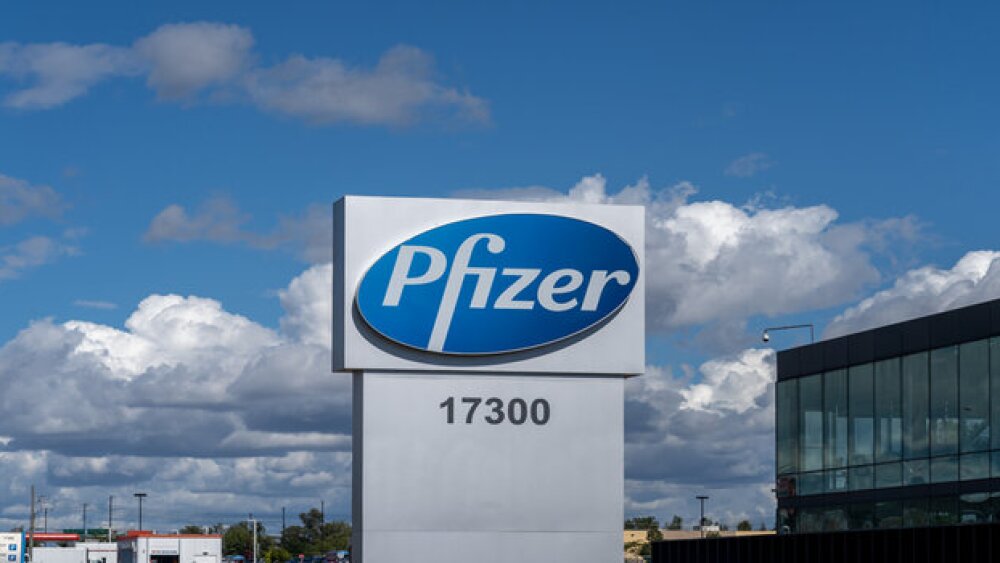Eli Lilly this week announced plans to sell single-dose vials of its weight loss drug Zepbound directly to consumers. Novo Nordisk could adopt a similar strategy for Wegovy as its CEO is set to testify Sept. 24 before the Senate health committee.
Just when you thought the weight loss drug space couldn’t get any more interesting, Eli Lilly shook up the red-hot obesity market on Tuesday, stating plans to begin selling single-dose vials of its blockbuster Zepbound (tirzepatide) directly to consumers.
The announcement comes on the heels of second-quarter earnings, which showed Lilly’s Zepbound is closing the gap with Novo Nordisk’s Wegovy in the race for weight-loss market share.
Analysts this week reacted positively to the move by Lilly to cut the price of Zepbound and offer it through a new self-pay pharmacy component of LillyDirect, the company’s direct-to-consumer platform which was launched in January. Truist Securities analyst Joon Lee contends there’s no reason why other branded GLP-1 manufacturers couldn’t pursue a similar strategy given the high demand from patients willing to pay out of pocket. Will Novo follow Lilly’s lead?
If Novo is going to make a big announcement on cutting Wegovy pricing, the company might want to take the opportunity to do so sometime over the next few weeks. CEO Lars Fruergaard Jørgensen is scheduled to appear Sept. 24 before the Senate health committee to answer questions about, as stated in the name of the hearing, why the company is “charging Americans with diabetes and obesity outrageously high prices for Ozempic and Wegovy.”
Lilly’s DTC Strategy
Evan Seigerman, an analyst at BMO Capital Markets, wrote in a note to investors that the single-use vial doses improve on the significant manufacturing constraints for autoinjectors. “Lilly can expedite the speed in which it provides the medication to patients by avoiding the need for the mechanical manufacturing of the injector pens required to produce autoinjectors.”
With Lilly now offering Zepbound at a near 50% discount to its autoinjector formulation, Seigerman also sees it as an effective challenge to compounders who “have been able to produce tirzepatide (or imitations of it) in response to the shortages of available treatments previously direct through the manufacturer.”
Lee agreed. “Only making available cheaper low doses in vial forms as opposed to the more expensive autoinjector, is a clever strategy to specifically target the compounders, in our view,” he wrote in a note to investors, adding that the Zepbound discount may be offset by not having to give rebates to pharmacy benefit managers.
Lilly’s decision to lower the price of Zepbound has not gone unnoticed this week in the halls of Congress. Sen. Bernie Sanders (I-Vt.), chair of the Senate health committee that will be grilling Jørgensen next month, issued a statement this week, saying he was “pleased” that Lilly took a “modest step forward” but added that “millions of Americans will still be unable to afford the diabetes and weight-loss drugs they desperately need.”
Pricing Pressure on Wegovy
Sanders, who in April launched an investigation into the prices of Novo’s Ozempic and Wegovy, in a letter to Jørgensen that same month wrote that “pricing has turned drugs that could improve people’s lives into luxury goods, all while your company made over $12 billion in profits last year.” However, Jørgensen told analysts this month on a Q2 earnings call that his company’s diabetes and obesity drugs are “serving more patients than ever before” with “20 states adopting Wegovy in Medicaid” and that Novo is expanding access to the blockbuster drug in the vulnerable low-income population.
Competition with Lilly’s Zepbound has already forced Novo to lower the prices of Wegovy, with the downward trend expected to continue through the rest of the year. Doug Langa, Novo’s executive vice president for North America operations, told analysts on the Q2 earnings call earlier this month that “as volume goes up, prices will come down, and we have seen lower Wegovy prices” in the first six months of 2024. Langa declined to get into specifics on pricing but said it “is in line with expectations.”
Jørgensen told analysts on the same Q2 earnings call that it’s a business environment where the company competes on bringing “volumes to the market” and “not one where we feel that we are into, say, price competition.” However, Novo CFO Karsten Munk Knudsen acknowledged in a May interview with Bloomberg that as volumes ramp up and competition enters the market, “it’s natural that prices would be coming down.”
Novo’s pricing is still “outrageously” high, according to Sanders. We’ll see how that goes for Jørgensen at next month’s hearing when he will be sitting in the hot seat under the bright lights of Sanders’ Senate health committee.






